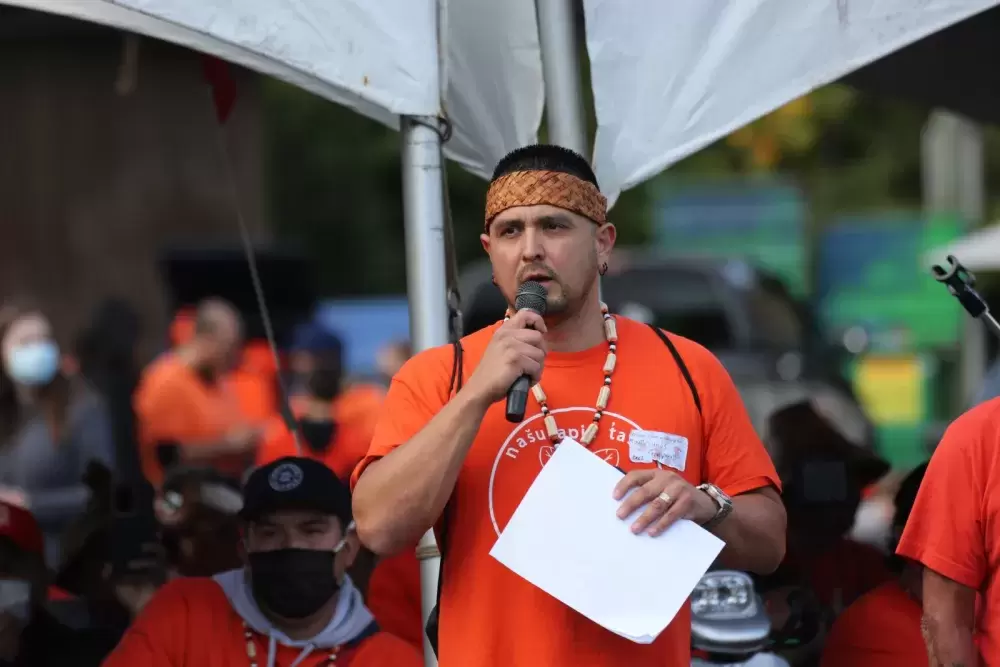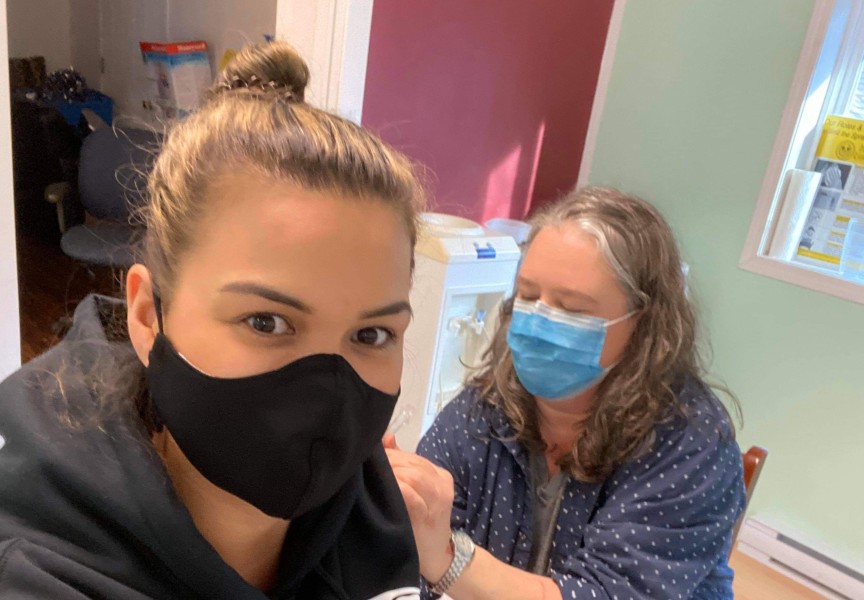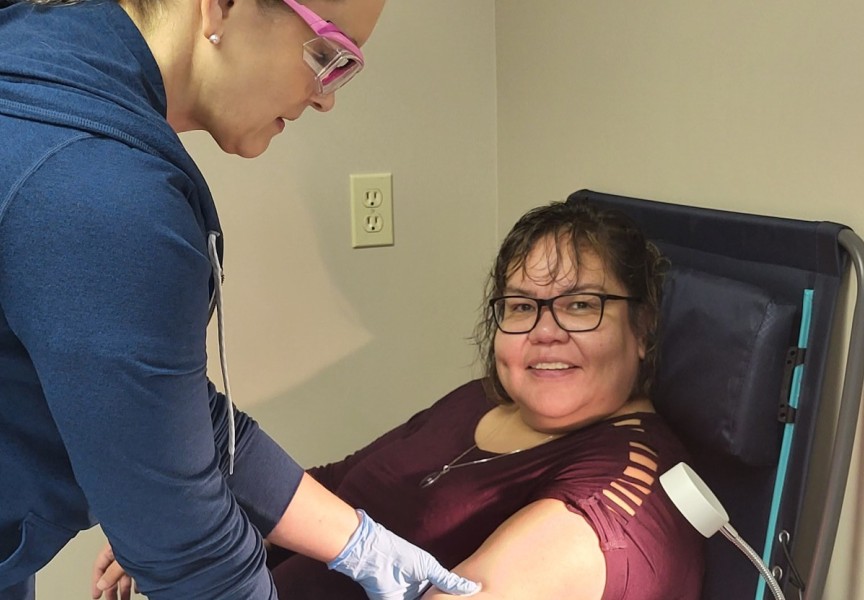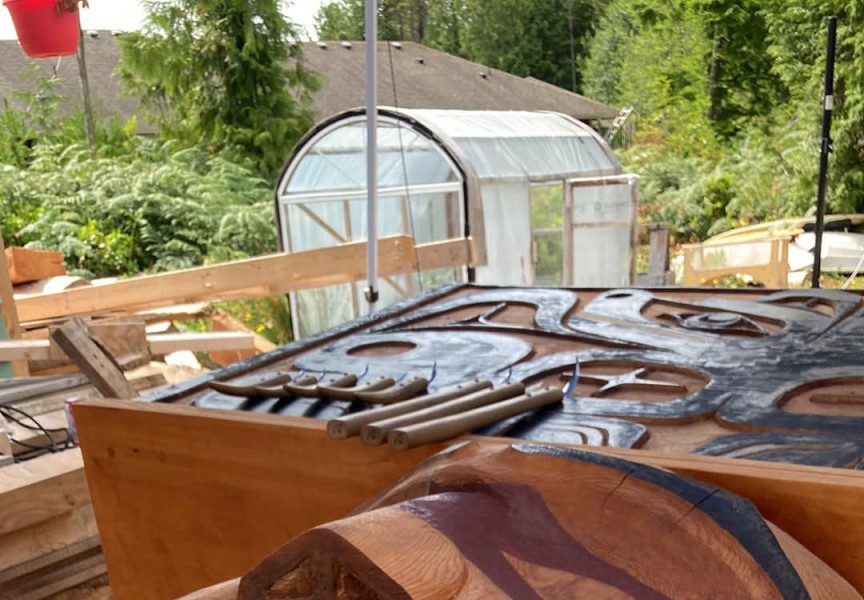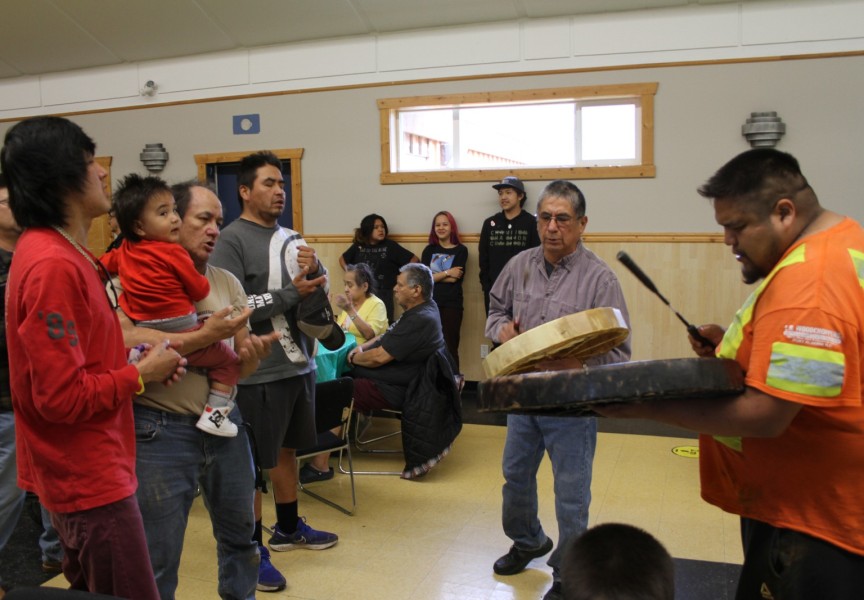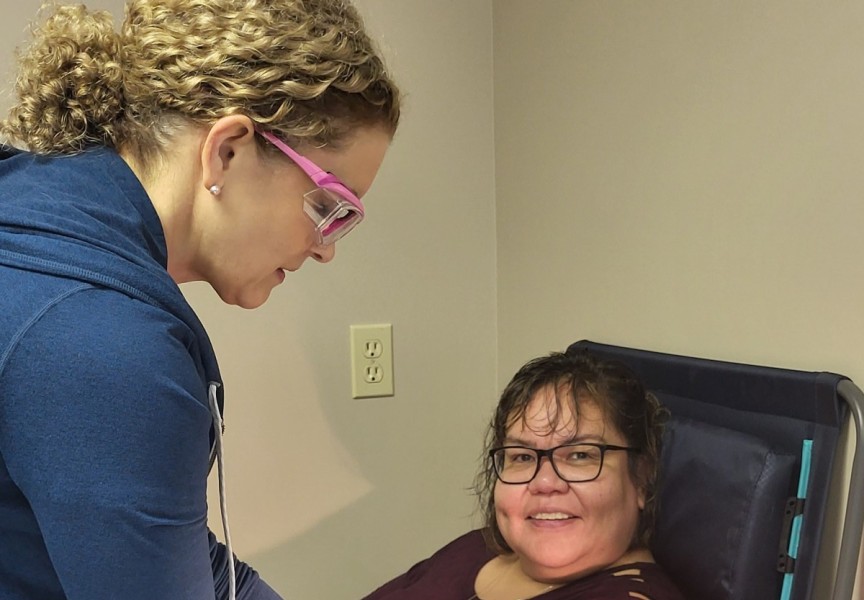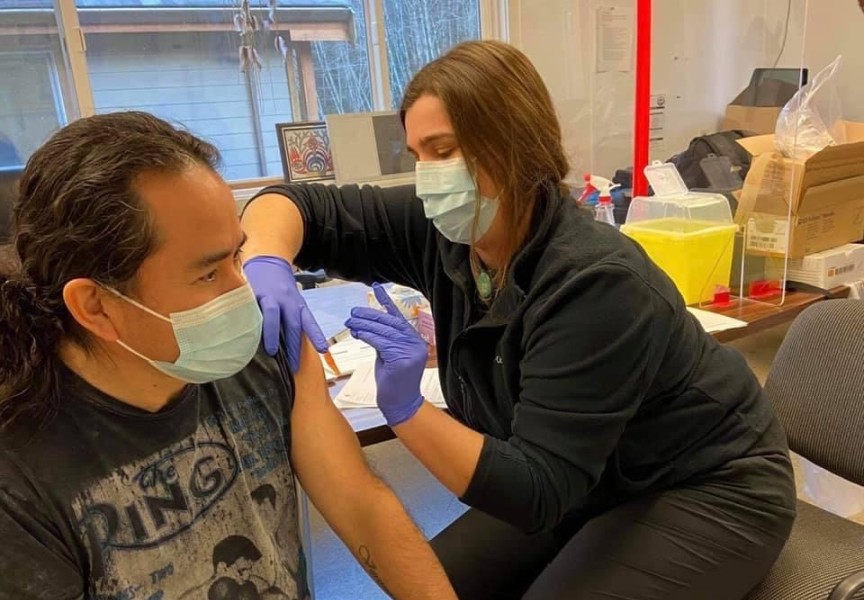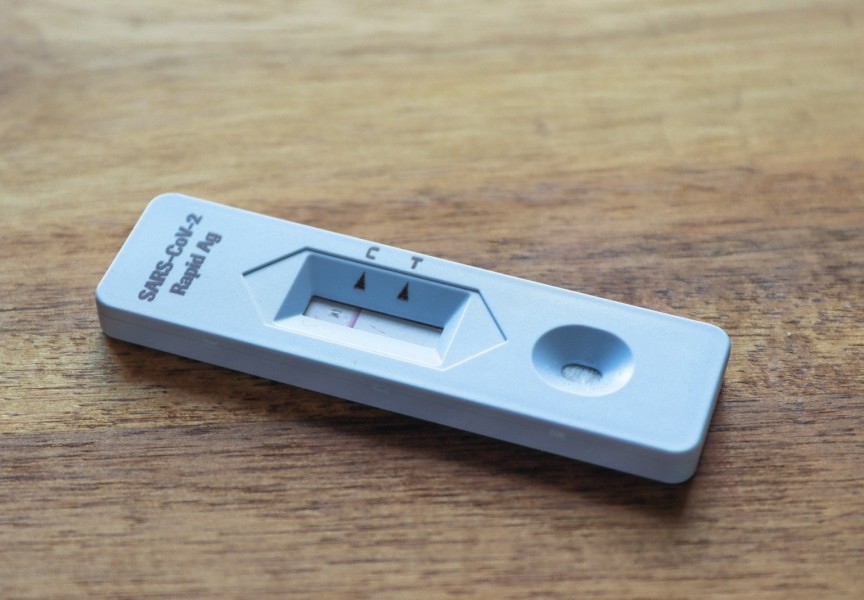A Nuu-chah-nulth leader is urging people to follow provincial health guidelines after contracting COVID-19. Ken Watts, Tseshaht elected chief, said in a social media post that he started feeling rough on the evening of Thursday, Jan. 6.
“I had my COVID-19 test yesterday and today my results came back positive for COVID-19,” he wrote.
Watts said that he considers himself a healthy person and is fully vaccinated except for the booster.
“I exercise regularly, I don’t go into many people’s homes and haven’t been around many people indoors at all in the last week or prior - and wear a mask when I am supposed to,” he shared.
The new year has gotten off to an unstable start as the ongoing COVID-19 pandemic regains strength with the latest variant, Omicron, which is considered more transmissible than previous version of the virus.
Omicron was classified as a variant of concern by the World Health Organization (WHO) on Nov. 26, 2021. They go on to say that the Omicron variant has a large number of mutations, which means that the variant will act differently from previous COVID-19 variants.
“Currently, the Delta variant is dominant worldwide and COVID-19 vaccines are highly effective at protecting you from serious illness and death, including from infection with Delta,” stated the WHO in an Dec. 4 update. “Researchers will assess the performance of current vaccines against Omicron and will communicate these findings as soon as they become available.”
Both the Ahousaht and Ka:'yu:'k't'h'/Che:k'tles7et'h' First Nations say they are following community safety protocols that align with provincial health orders.
Ahousaht last updated their published safety protocol on Nov. 19, 2021. At that time all people over the age of five are required to wear masks in public buildings. School opening after the holiday season was delayed to Jan. 10, 2022, allowing administrators to develop safety plans.
Deputy Chief Melinda Swan said that Ahousaht leaders have been meeting regularly and will soon update the safety procedures.
Steinar Våge, director of Community Services for Ka:yu:'k't'h' / Che:k'tles7et'h' First Nations, said that they are following provincial restrictions, including the requirement that masks or face coverings are used at indoor public places, frequent handwashing/sanitizing and the requirement that everyone over the age of twelve be vaccinated to attend public events.
At the Nuu-chah-nulth Tribal Council, staff were asked to do their part to reduce the risk of exposure to COVID-19. In order to mitigate hazards, staff are being asked to work from home where possible.
Watts said that Tseshaht is following suit and will ask staff to work remotely for the rest of January. He said meetings will be conducted online via Zoom unless members require hands-on service delivery.
“COVID-19 is real, friends and family, and the variant appears to be spreading quickly - not just in our communities, on the island, or in B.C., but across Canada and the world,” Watts wrote.
He asked people to do their part to protect themselves and their families.
“Take care, be safe, follow the guidelines, get vaccinated, support one another, check in on your loved ones, and stay positive,” said Watts.

